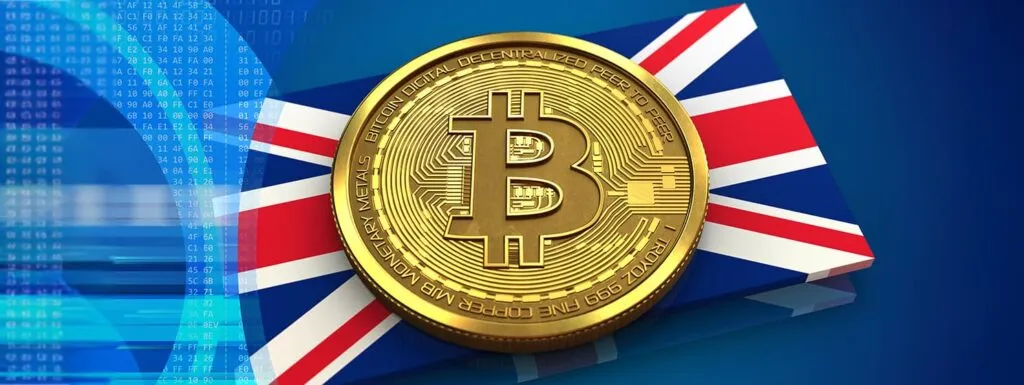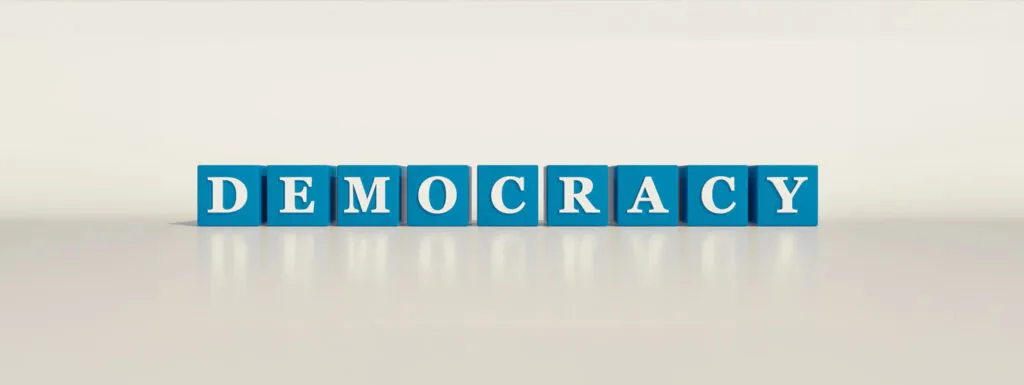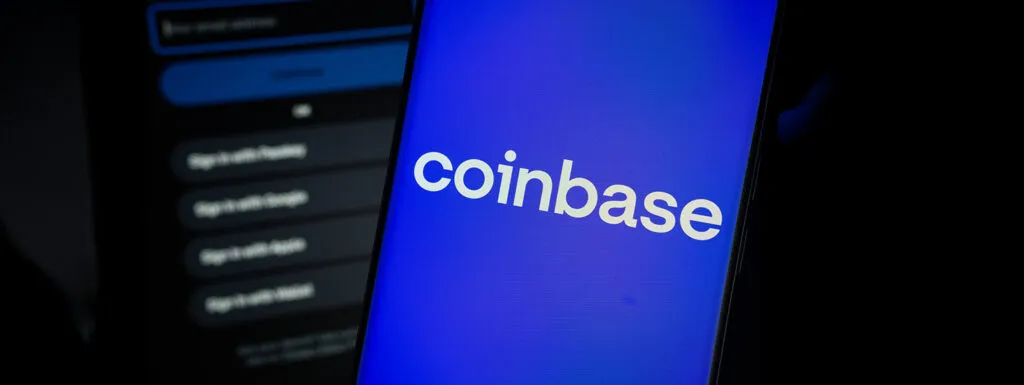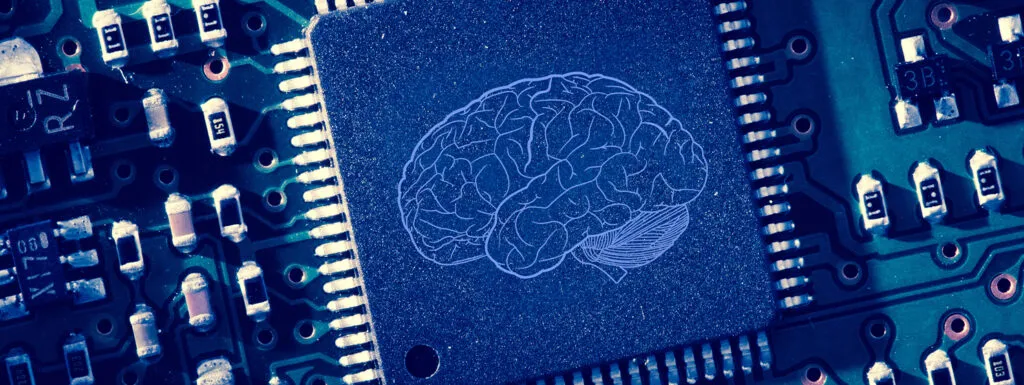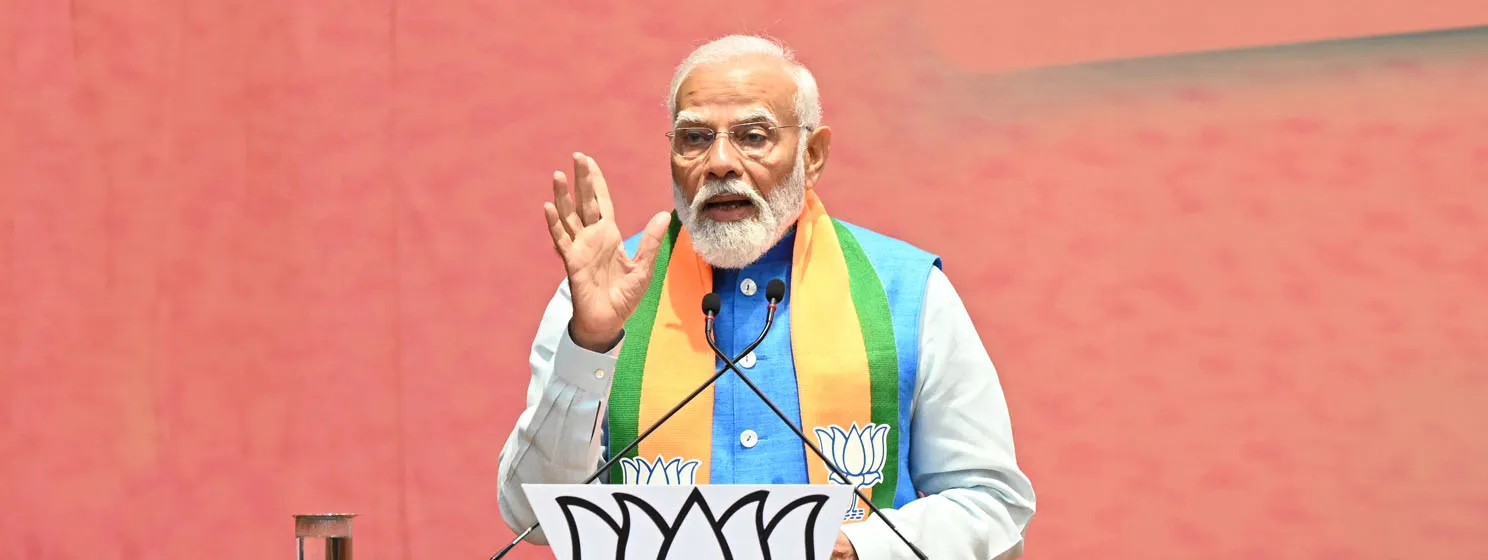
Decentralization
UK lodges ‘supranational approach’ to decentralized disputes
The United Kingdom Law Commission opened a consultation to determine which laws should be applied when disputes arise over decentralized...
BTC’s red thread
Bitcoin became the BTC commune where nothing is built, value is abstract, power is opaque, and those who cared about...
Rethinking democracy in the age of AI, decentralized systems
BSV provides a unique alternative to the chaos of protocol drift—one that enterprises should at least examine.
Coinbase buys Deribit for $2.9B as Q1 profit falls 95%
A May 8 report showed that Coinbase generated revenue of $1.96B in the three months ending March 31, a 10%...
Guarding human minds with AI, blockchain, quantum computing
With AI becoming on par with humans, issues such as manipulation and biases are becoming critical, and blockchain offers a...
Bitcoin Ask Me Anything on the CoinGeek Weekly Livestream
On this AMA CoinGeek Weekly Livestream episode, Kurt Wuckert Jr. covered various topics, from ElectrumSV to Teranode and the upcoming...
Recent
Trending
Most Views

 07-02-2025
07-02-2025 
